19 pages • 38 minutes read
John KeatsOde on Melancholy
Fiction | Poem | Adult | Published in 1819A modern alternative to SparkNotes and CliffsNotes, SuperSummary offers high-quality Study Guides with detailed chapter summaries and analysis of major themes, characters, and more.
Poem Analysis
Analysis: "Ode on Melancholy"
In “Ode on Melancholy,” Keats’s speaker advises a male addressee how to deal with sad or depressed feelings, expressing the idea that despite its discomfort, feeling despair can make life richer. Beauty, the speaker suggests, is heightened by its passing, and so melancholy has a poignant, sweeter side that the man should embrace.
In the first stanza, the speaker exhorts the man not to give into the suicidal ideation melancholy might bring. The speaker urges the addressee to avoid the waters of the “Lethe” (Line 1). Lethe is one of the rivers that flow through the Underworld in Greek mythology; those who drink from its waters lose all of their memories. The poem uses this allusion to convince the listener to live in the moment, rather than seeking denial or dissociation. The speaker insists that avoiding melancholy can only be done through dying by suicide, urging the addressee not to give in to the self-destructive urge to ingest toxic plants. The listener should not “twist / Wolf’s bane [. . .] for its poisonous wine” (Lines 1-2) nor use “nightshade, ruby grape of Proserpine” (Line 4). Both herbs are deadly and have ties to the underworld—Proserpine is the Latin name for the Greek goddess Persephone, the queen of the underworld and the wife of Hades/Pluto.
Related Titles
By John Keats
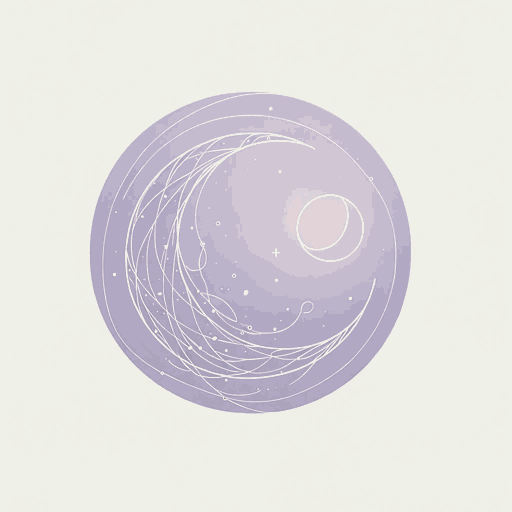
Endymion: A Poetic Romance
John Keats
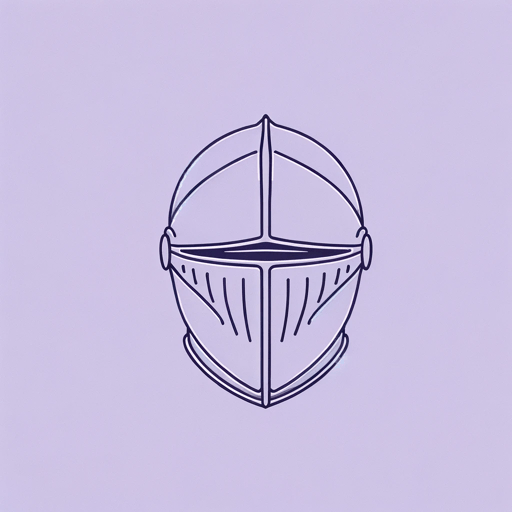
La Belle Dame sans Merci
John Keats
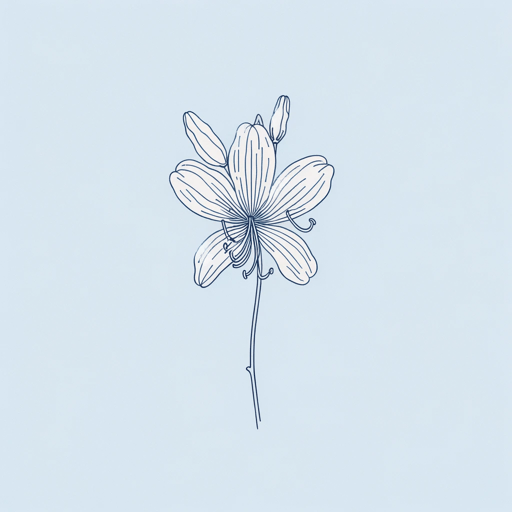
Meg Merrilies
John Keats
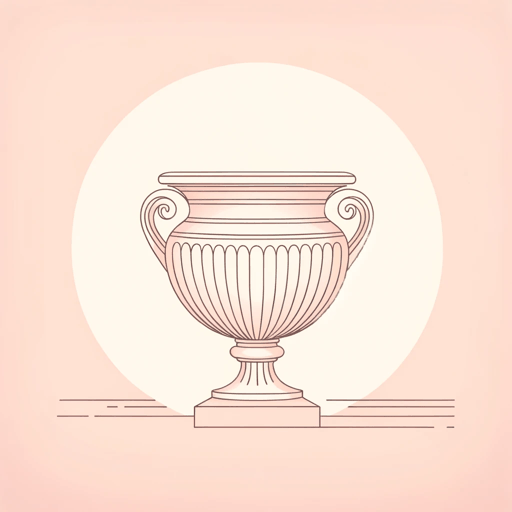
Ode on a Grecian Urn
John Keats
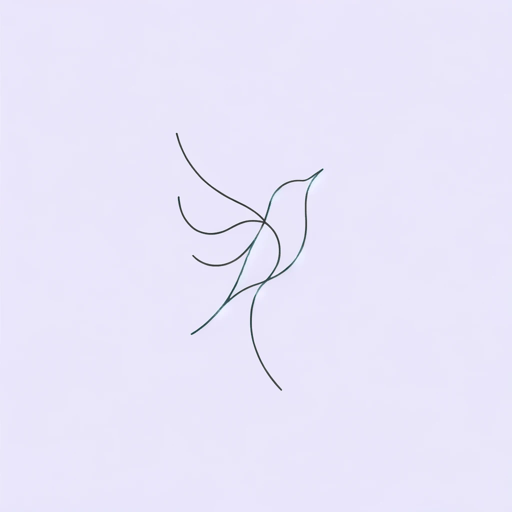
Ode to a Nightingale
John Keats
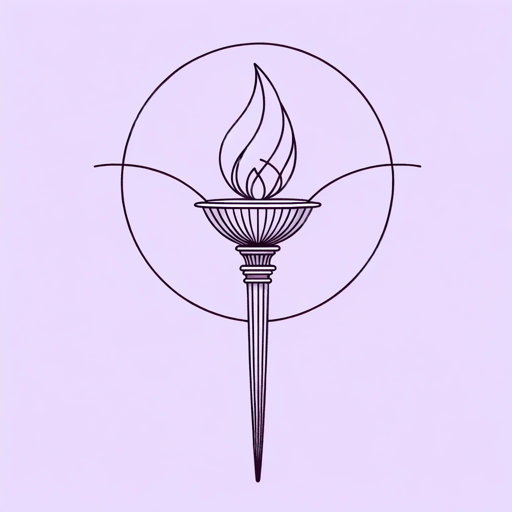
Ode to Psyche
John Keats

On First Looking into Chapman's Homer
John Keats
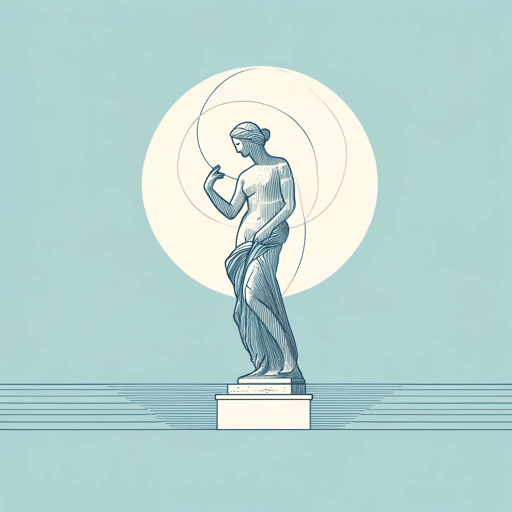
On Seeing the Elgin Marbles
John Keats
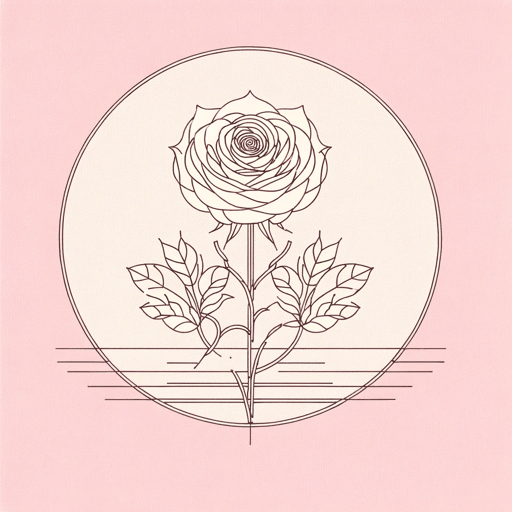
The Eve of St. Agnes
John Keats
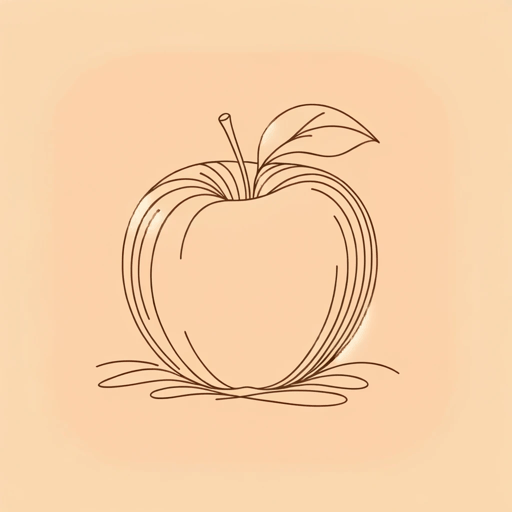
To Autumn
John Keats
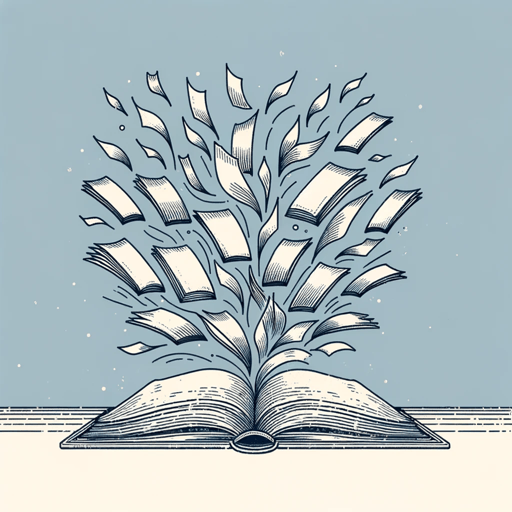
When I Have Fears That I May Cease to Be
John Keats

